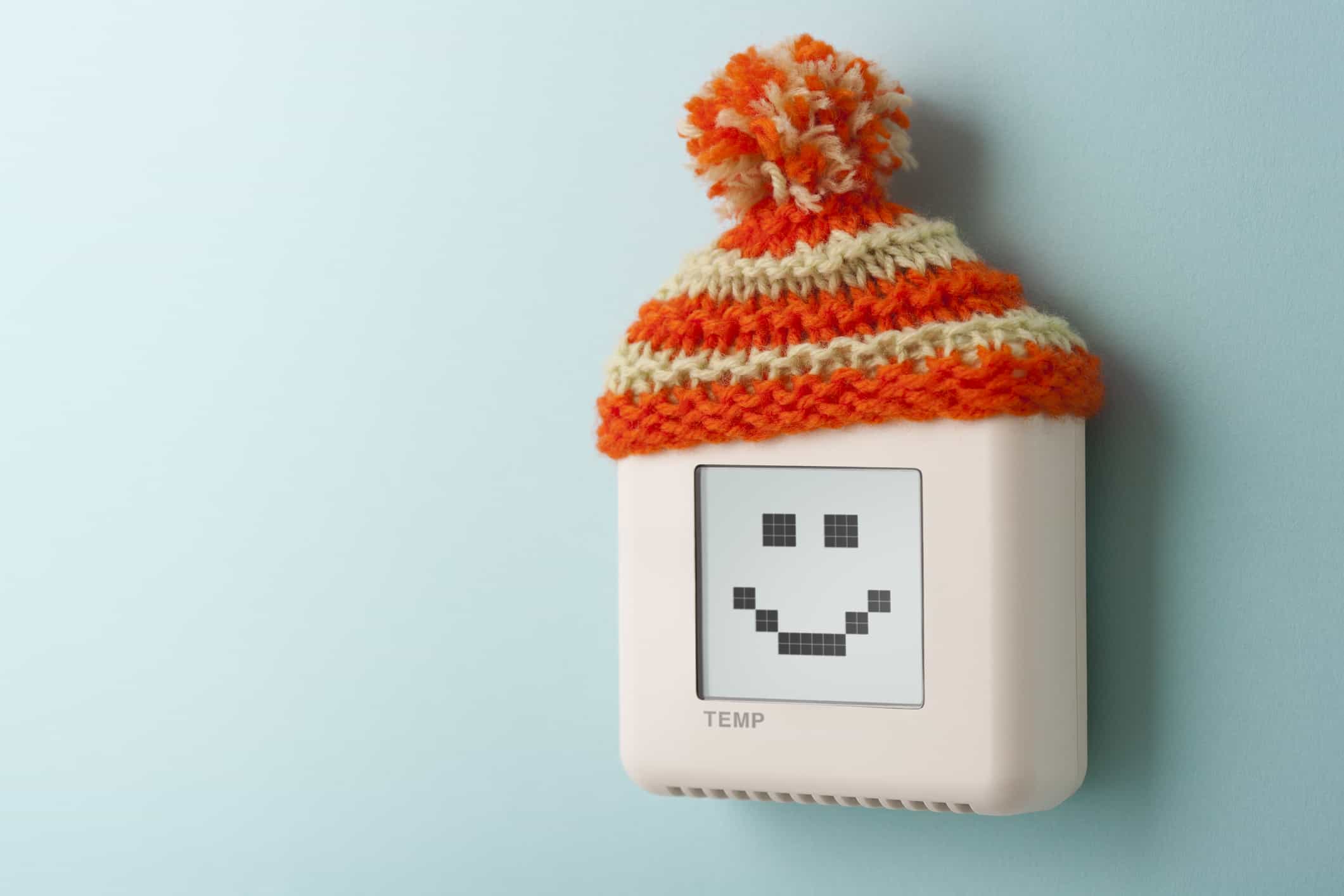Considering a move abroad? A record low unemployment rate and a high number of available positions make it the perfect time to hunt for a job in Prague and the Czech Republic where your chances of landing the perfect position are better than ever.
Discover your new career by browsing 1000s of the latest vacancies at the Expats.cz Job Server.
PARTNER ARTICLE
Once you’ve got a job in a Czech office, there are a few things you should know about navigating the culture gap:
You might be off to an early start

Coming to work early is rooted in Czech culture; just a decade ago nearly every worker began their shift at 7 am with a third of workers clocking in at 6 am and just five in a hundred Czechs starting work after 8 am. Thanks to the growing presence of international companies more reasonable work hours (8 am/9 am-5 pm/6 pm) are increasingly common; from a European standpoint, however, Czechs seem to work a lot. According to Eurostat data Czechs clock in around 40.3 hours on average, the fourth-longest working week in the EU.
Lunch is practically right after breakfast

In the Czech Republic, you may notice your co-workers ducking out to lunch shockingly early – the 11:30 am lunch break, where large numbers of staff simultaneously quit for the midday meal, is a bit of a national institution. As a result, the ‘eating lunch at one’s desk’ culture seems to be less widespread, with the emphasis on being out of the office for an hour (or half an hour). And, yes, it is perfectly acceptable to order a beer with lunch!
It’s ok to pad around the office in slippers

You may notice that your co-workers keep a pair of slippers beneath the desk – similar to the Czech practice of wearing slippers at home, many Czechs don indoor footwear in the office. In terms of general dress code, it’s safe to play it business casual, though more formal office dress isn’t uncommon as is casual dress in start-up environments. No matter where you work, clothes should always be ironed and neat, as people in the Czech Republic tend to notice these things. When in doubt, observe co-workers and follow their lead.
Formality prevails…

Like other European languages, Czech distinguishes between formal and informal ways of addressing people. This gives the Czech work culture a slightly formal aspect that is often absent in anglophone countries where it’s usual for coworkers to call each other by their first names. In Czech offices, employees, particularly those of the older generation, often keep their distance and refer to each other formally, even with those they have worked with for years. Professional titles are equally important.
…But name days and birthdays are celebrated with gusto

Czech offices may celebrate birthdays or name days (svátek) with cake or chlebíčky, the open-faced sandwiches that are popular party fixtures in the Czech Republic. If you are the one being celebrated, brace yourself for a round of handshakes, pecks on the cheeks, and choruses of všechno nejlepší (all the best).
Watercooler chat isn’t a thing

Many foreigners working in a Czech office notice that their colleagues can be very structured and tend to compartmentalize, separating work from home life. They also don’t spend much time on Monday asking each other about their weekends. You may find that the only way to get to know your co-workers is after hours, as many see work and friendship as very separate things.
Prepare for epic battles over the A/C

Cultural dividing lines are quickly drawn around the subject of room temperatures; Blasting the air conditioning (klimatizace), is not usually among the local solutions to the problem of temperature control. Czech anti-AC sentiment seems to be based on an entire set of beliefs that says chilled beverages, sitting on a stone floor, sleeping in an artificially cooled room, or leaving the house with wet hair can have adverse health effects. And that’s to say nothing of the entire country’s aversion to ice cubes. The good news? The Czech labor code says that when office temperatures reach 27°C employees must be sent home.
Succumb to cucumber season

Speaking of summertime, you may need a bit of time to adjust to the phenomenon of cucumber season (okurková sezóna), spanning July through early September, when just about everyone, no matter what your profession, is out to an extended lunch. Need to get someone on the telephone after 1 pm on a Friday? Want to plan a Monday morning meeting? Good luck. Cucumber season could also be known as e-mail auto-reply season!
Considering a career in Prague? Start by finding the perfect opportunity in our Expats.cz jobs database for English and multilingual speakers.













 Reading time: 4 minutes
Reading time: 4 minutes 



















